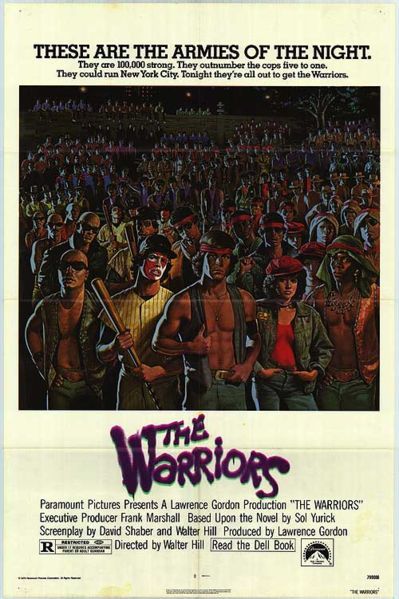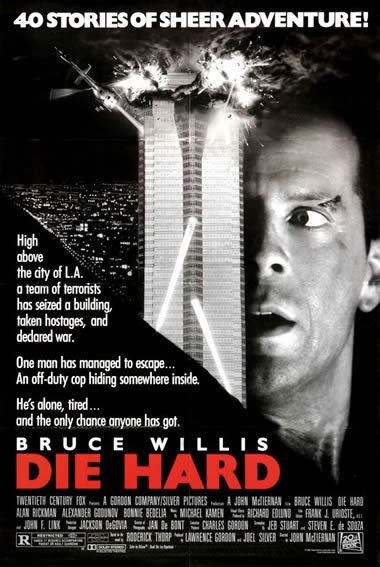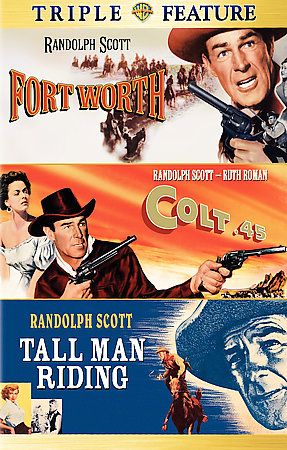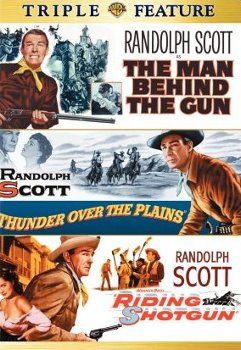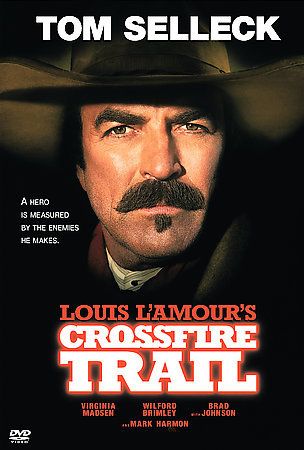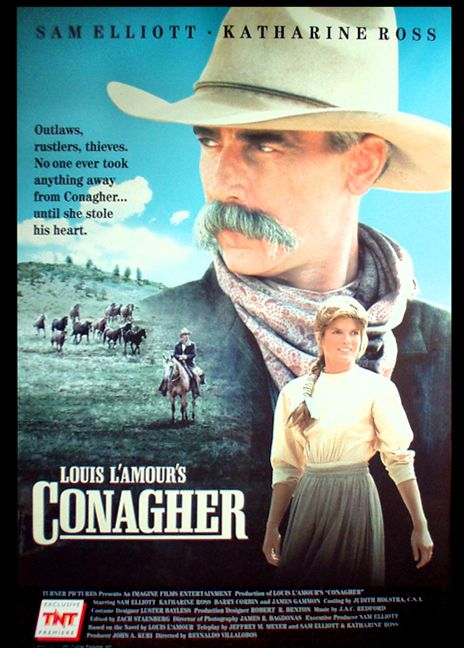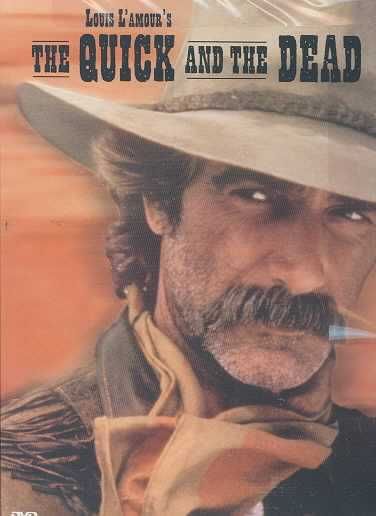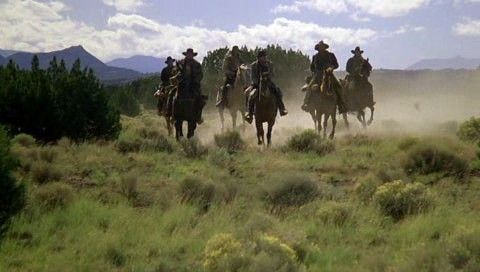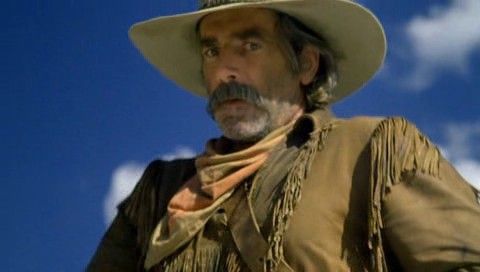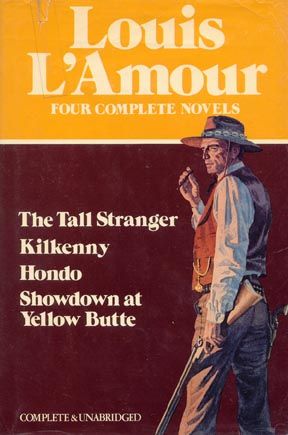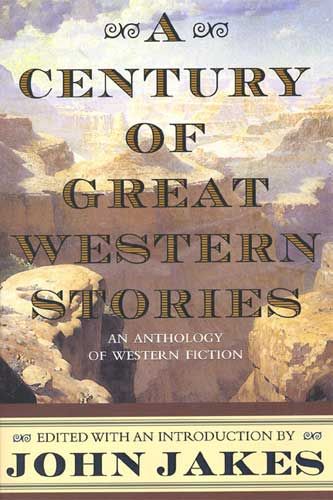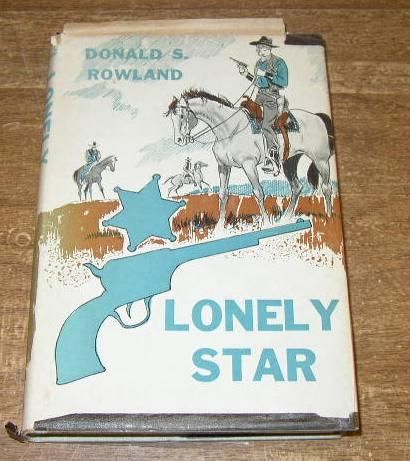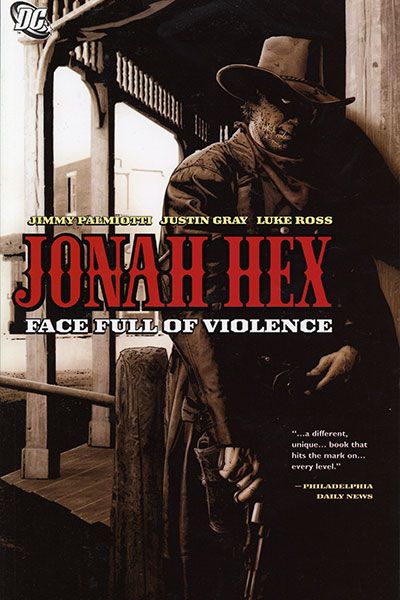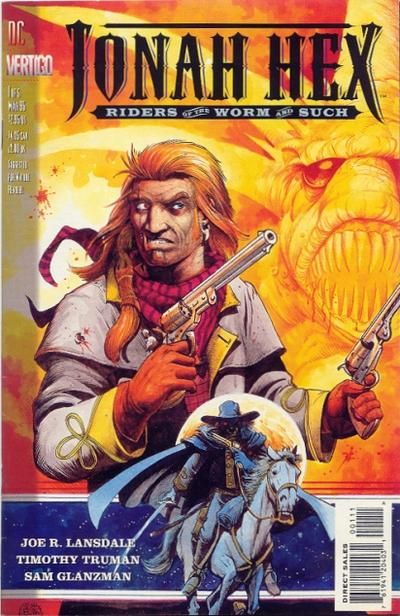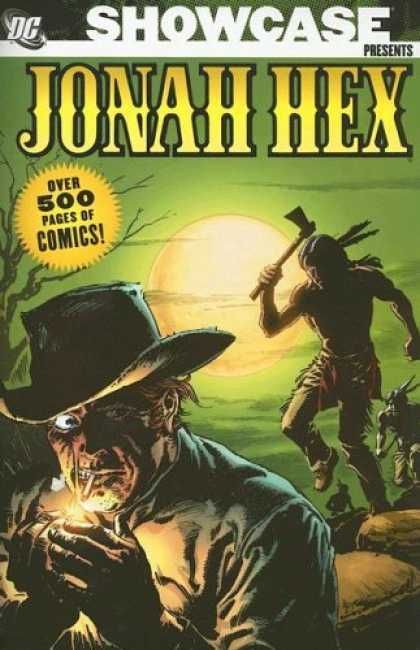Sometimes, you don't want something new. You want to settle in with an old favorite, whether it's a movie or a book or a comic. Comfort food.
We've been doing that a fair amount here lately, since we've spent so much of the last couple of weeks down with whatever horrible virus has been laying waste to the public schools here in Seattle.
For my wife, this means home-improvement shows on TLC or HGTV. I don't know what it is about perky design people showing a young couple how to remodel their den that Julie finds so soothing.
But more often than not, if she's not feeling well, I'll come home to find her snoozing happily, cocooned under a quilt on the couch while some terrifyingly enthusiastic young man on the TV is nailing up shelving. I don't know why this always works for her -- people that are that cheerful and energetic about their household chores scare me -- but for Julie, it's better than chicken soup.
On the other hand, she finds my choices of relaxing entertainment completely baffling, as well. "How can you relax when you're watching all that mayhem?"
I don't know. But I bet I'm not the only guy out there that relaxes with this kind of thing. Maybe it's hard-wired into guys' DNA or something, but I find settling in with Die Hard or Road House to be tremendously soothing and restful. (I'm not the only one -- on the DVD commentary for Road House, Kevin Smith observed that it's a really comfortable movie, one you can cozy up to like a warm blanket, no matter where you come in on it.)
I suppose it's why they call it escapist fiction. After all, it's not as though we're the ones that have to take all those punches, and the heroes win, so it's all good, right?
Anyway, since we've had the flu here the last couple of weeks, comfort food has been the order of the day, and after battling my way through the work week just trying to stay upright at school, I don't have the energy to read or watch anything new. So it's all been old favorites, stuff I never get tired of no matter how many times I see it.
Just for the hell of it, I thought I'd talk a bit this week about my go-to guys... the movies, books, and comics that always work for me no matter what. Generally, these fall into four areas of action-adventure.
The first of these will come as no surprise to regular readers -- Westerns. I think I mentioned a couple of weeks ago that recently we've been watching a lot of Randolph Scott's fifties Western B-movies. Mostly because we picked up these two DVD compilations for a song and we really enjoyed the hell out of them.
I came to the Western genre late in life, though, so these 1950s classics are new discoveries for me. Usually my go-to Western films that I never get tired of are of a more recent vintage. Most often, it's one of the made-for-television Louis L'Amour adaptations done a few years back.
Yeah, I know. Why these? Why not John Wayne or Clint Eastwood? Why not a classic like The Magnificent Seven or Shane or even Silverado? What makes these made-for-TV pulp adaptations special?
I couldn't point to anything specific, but honestly, I think it's the comfort-food thing. These were, believe it or not, the first real Western movies I was exposed to, and you never forget your first.
Understand, I'm not holding them up as being the most innovative and brilliant cowboy films ever done or anything like that. But they are really well-crafted, and there's something reassuringly comfortable about them, a nice old-school adventure vibe. There were several, usually starring Tom Selleck, Sam Elliott, or both, and we own them all: Conagher, The Sacketts, The Shadow Riders, Crossfire Trail, The Iron Marshal. Truthfully, it's the lack of innovation that I appreciate -- they're just plain old westerns, pleasantly familiar without descending too far into cliche. Any one of them is a guaranteed good time for a couple of hours.
But my favorite of them all is The Quick and the Dead.
Later Sam Raimi made a Western with that same name starring Sharon Stone and Gene Hackman, but this isn't it. This one was never in theaters, it was made for HBO in 1987.
It stars Tom Conti and Kate Capshaw as a couple of Easterners who are venturing out west to make a new life for themselves with their young son, and Sam Elliott as a wise old mountain man who takes them under his wing just in time to save them from a psychotic outlaw (veteran western actor Matt Clark, cast here in his one role as a badass and not a bartender) and his gang.
Watching Elliott teach Tom Conti how to be a tough cowboy is a lot of fun, especially when Conti gets to teach Elliott a thing or two as well.
The Louis L'Amour movies eventually led me to his books, and the nice thing about that is that he wrote about a zillion of them... or, I suppose, one could say he wrote the same four or five over and over again. But then, that's what comfort food books are all about -- the pleasure of the expected, when you go in knowing certain marks are going to be hit sooner or later. I don't have a particular favorite (although, oddly, I like the movie version of The Quick and the Dead better than the book.) I have a few of them here in hardcover, but if you just want a fun Western to kill a couple of hours with, you can almost always find a bunch in paperback anywhere you go, often in a used bookstore's fifty-cent box.
I've also acquired a few collections, anthology books full of Western fiction from a variety of the stars in the field. Probably the best of these is A Century of Great Western Stories edited and introduced by John Jakes, who's no slouch at historical adventure himself.
But my favorite Western novel that I can always go back to was, for many years, the only Western I'd ever read.
Lonely Star by Donald S. Rowland. This book once saved my summer, back in 1971. I'd been dragged off to visit family in Montana with my grandmother for what seemed an interminable three weeks. My cousins were vaguely annoyed at being stuck with a city kid and I was really annoyed that Mom hadn't let me pack any books or comics. And we were way the hell out in the middle of nowhere on my Uncle Jack's farm, there was no chance of getting any new ones.
But Uncle Jack, like me, was a reader, and he liked Westerns. He had a couple lying around he'd gotten from the local library's monthly bookmobile visit and Lonely Star was the one that had me from page one. It was the kind of pure-adrenaline adventure I can never resist:
The game horse labored up the steep rise, its heart nearly done. It staggered on the crest, then foundered, falling upon its side with outstretched neck and glazed, bulging eyes. The foaming jaws were agape and its bloodied tongue lolled between its champing teeth. Tracey Blaydon, tall and beefy, middle-aged, with a fleshy black-stubbled face and hard blue eyes, kicked his feet free of the stirrups and fell clear of the saddle as the horse rolled. The echoing crash of a shot, then several shots, made him look down his back trail, and the sight of the dozen riders spurring rapidly towards the bottom of the slope made his thin lips pull tight against his teeth.
That's the first paragraph and it just ramps up from there. Turns out the posse wants Blaydon for a string of robberies he didn't commit-- and the crimes were committed by the same guy Blaydon himself has been after for over a year. At which point, territory governor Andrew Bordene strikes a deal with Blaydon. Bordene's been trying to find a man to go undercover who can get the goods on the Sam Gotch gang, the same gang that Blaydon's quarry was on his way to join...
It's just a rollicking good time. The book was published in 1964, and is one of Rowland's many pulp western and science-fiction efforts. I've never run across any of the others but I made it a point to find this book when I returned home from Montana, and was delighted to find it in our hometown library as well. But that was the only other place I ever saw it, until I finally ordered my own from a dealer in Britain over the internet about six years ago.
I couldn't tell you why I love it so much. It's just a fast-moving pulpy western. But that one summer it was a refuge for me and maybe I still associate that feeling with it. I go back to it once a year or so and it's always a pleasant afternoon. Lately I'm getting interested in guys like Rowland and his contemporaries, E.B. Mann and Archie Joscelyn and so on, who pounded out these potboiler hardcovers at a rate of what seemed like one a month during the 1960s. But Lonely Star is still my favroite.
In comics Westerns are only just coming back into vogue, but even when they were mostly gone there was always one I could count on. Jonah Hex.
There's something really indestructible about this character. Old series or new, I can always count on the character to be engaging, the art to be a cut above the industry standard, and the story to be a reliably entertaining good time.
Unlike other long-running characters in comics, though, I honestly couldn't tell you the name of a Hex story I ever thought was out-and-out bad. Some are better than others, sure, but even the less-than-stellar entries are always done at a baseline level of competence I can count on.
I suppose I should qualify that by saying that it has to be the WESTERN version of Jonah Hex. But I don't count that post-apocalyptic SF monstrosity DC put out a couple of decades ago, and I think all us Hex fans are agreed that must have just been a bad dream or something.
The new collection, Lead Poisoning, just came out this week, and it was just as solidly entertaining as all its predecessors. In fact, settling in with that a few days ago was the bright spot in an otherwise crappy flu-ridden week.
*
This has run so long that I think I'm going to break it up into a couple of installments. I'll be back here next week with part two -- featuring my short-list of always-dependable, comfort-food class of modern-day action comics, movies, and novels that I never get tired of. See you then.



